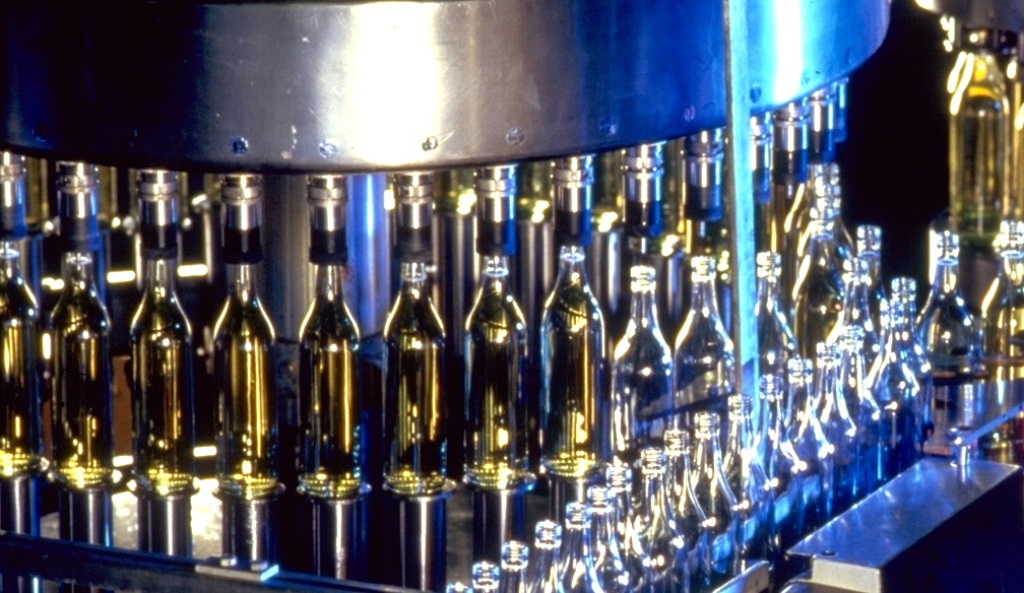
In the context of the revision of the Packaging and Packaging Waste Directive (PPWD), the European Commission considers the introduction of mandatory re-use targets per sector as measure to reduce packaging waste per capita across the EU Member States. For the spirits sector, the EU COM could foresee mandatory re-use target for all packaging as follows: 5% - 10% by 2030, and 15% - 30% by 2040.
More than 90% of spirit drinks sold in the EU are packed in in glass bottles, a highly sustainable packaging format, particularly considering the high and constantly increasing recycling rates. Spirits drinks account for only 0.8% of all glass bottles on the EU market. Further, as a high value sector, comparatively low volumes (when compared to other beverages) of packaging are required to transport high numbers of portions, adding to our products environmental sustainability.
Against this background, we call on the European Commission to refrain from the introduction of mandatory re-use targets for spirits drinks.
Brand manufacturers should be allowed to select the waste management models for their product portfolio that deliver the best results in terms of life cycle analysis principles for specific products and the supply chain specific contexts; there is no one-size-fits all. Our sector is already implementing and testing new waste management models, including also packaging reuse models, but there is no “one size fits all” model from a carbon footprint perspective and consumer safety perspective: the regulatory requirements necessary for the off- and on-trade differ significantly.
Freedom to innovate must be given to industry to continue to invest in breakthrough packaging innovation and R&D. For this reason, we welcome a policy framework that allows brand manufacturers the flexibility to select waste management models that deliver the best outcomes in terms of sustainability across the value chain on the one hand but also consumer safety, product quality as well as brand equity on the other hand. This can only be achieved by bottom-up policy approaches.
There are additional reasons to consider our sector as being different from others.
The spirits sector is a global market which is highly regulated by specific legislation, such as the Spirit Drinks Regulation (2019/787), which stipulates that GI spirits may only be produced and bottled in specific geographies (typically, the area of production). Re-usable packaging must circulate within the retail chain from fillers to retailers to consumers and the same way back. It can only be an efficient and environmentally sustainable packaging solution in short supply chains of maximum of 200 to 300km. Shipping a vast number of empty bottles for re-use purposes throughout the EU and back to countries like Mexico or the UK (Scotland) could impossibly provide any environmental benefit and renders them a-priori unsuitable for environmentally sustainable re-use systems.
Last but not least, policy on re-use schemes needs to distinct clearly between (fast moving) consumer goods packaging and business-to-business packaging.
Supply chains differ significantly for foodstuffs and are particular for spirits drinks, who are not typical fast moving consumer goods as they have an indefinite shelf life and depletion rates range from 8 to 12 months for high-volume spirits and several years for premium products. Thus, the active lifespan of spirits drinks bottles is not comparable to that of portion sized, perishable foodstuffs. Top-down policy that disregards sector and product specificities prevent the best possible environmental outcomes. Also, spirit drinks are – due to their high value– at high risk of counterfeiting – which can put consumer health at risk.
Re-usable bottles and related packaging schemes require extra attention to ensure continued highest levels of consumer and product protection. Phasing in re-use schemes for spirits drinks therefore represents a complex, costly and systemic change of existing business models and supply chains. Policy measures focusing on setting mandatory re-use targets for packaging do not reflect the complexities and dynamics of neither the spirit drinks sector nor the packaging market.